Athens had a Democracy

Classical Athens had a type of Direct Democracy that included direct voting on laws and election by lottery, but participation was limited to adult male citizens who owned land.
Politicians are people holding or seeking office in government and participating in both the art and science of government.
“Politics is derived from the words poly and ticks…Poly meaning many, and ticks meaning blood sucking parasites…” – The Smoothers Brothers

Classical Athens had a type of Direct Democracy that included direct voting on laws and election by lottery, but participation was limited to adult male citizens who owned land.
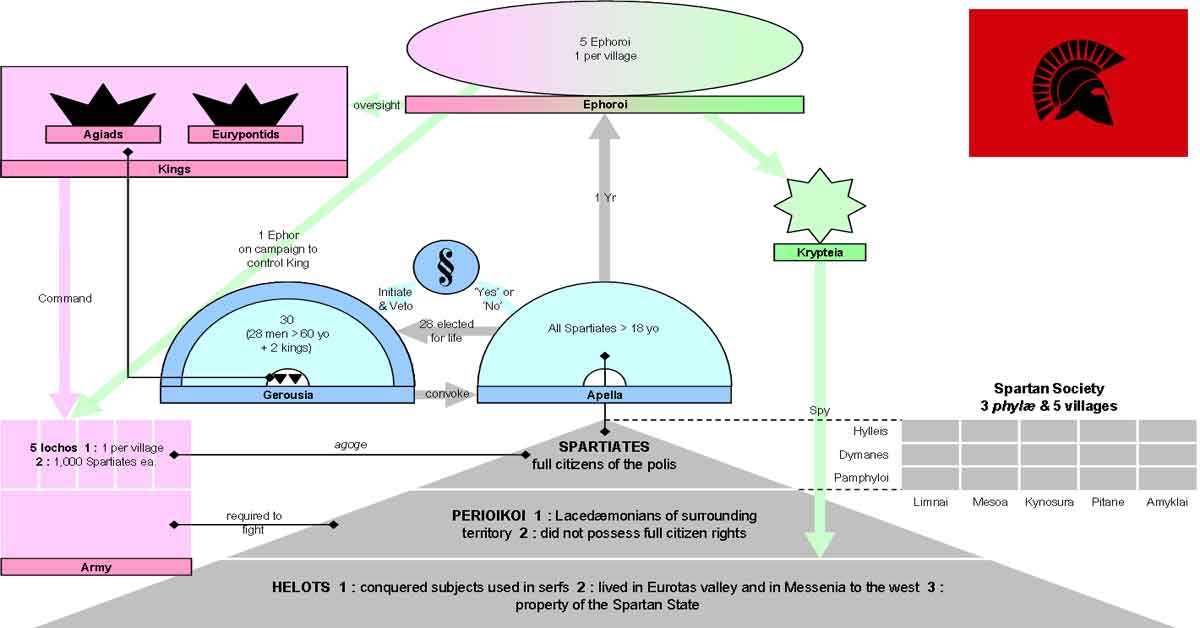
Sparta can be described as a constitutional nationalist socialist state with an oligarchical republican government where societal roles were based on hereditary class.

One might assume James Monroe wrote the 1823 Monroe Doctrine, but its primary author was future-President and then secretary-of-state John Quincy Adams.
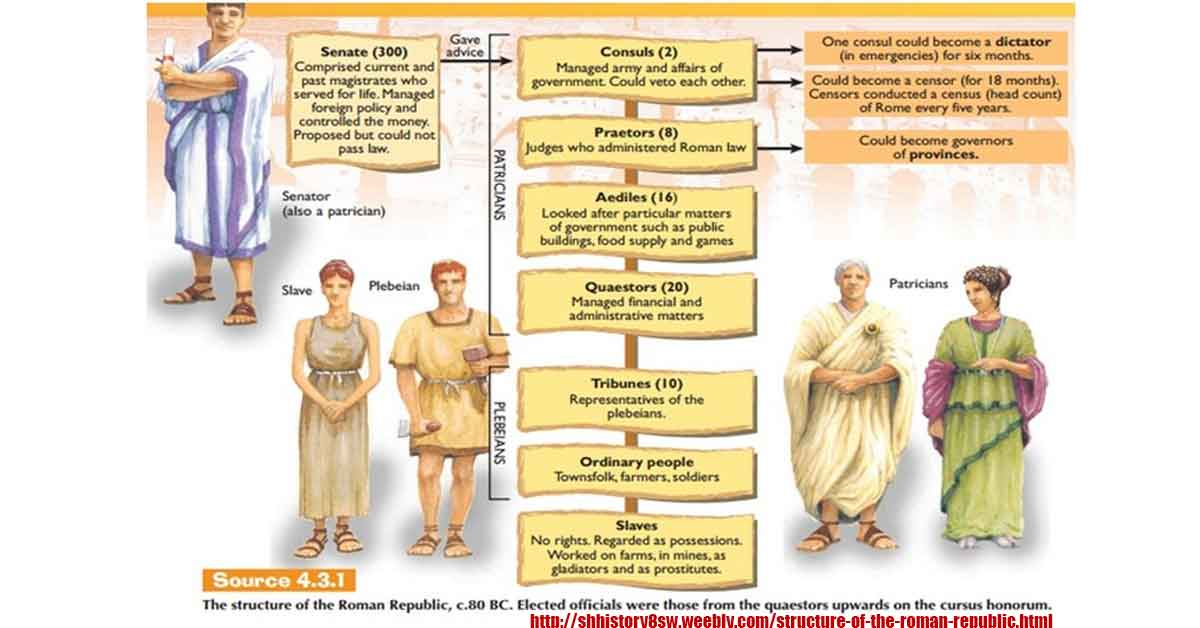
The Optimates like Pompey (aristocrats) and Populares like Julius Caesar (populists) were two opposing political factions at the onset of the fall of the Roman Republic.
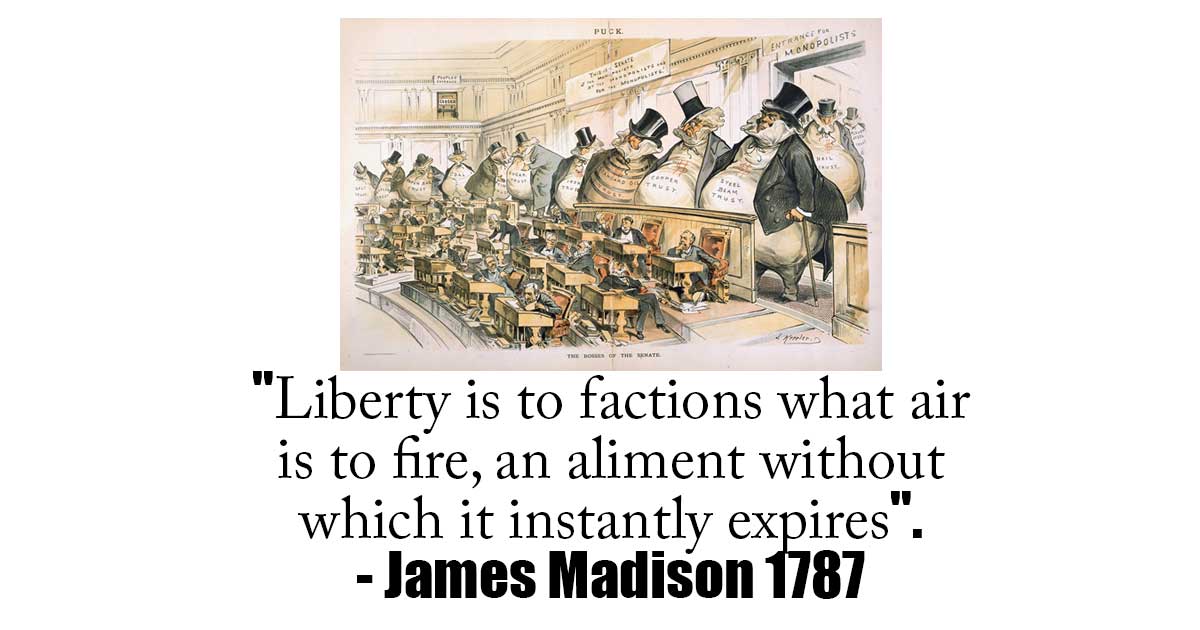
As James Madison said when discussing special interest factions and liberty in the Federalist #10, “Liberty is to faction what air is to fire, an aliment without which it instantly expires”.

Marie Antoinette never said “let them eat cake”. The idea of royalty suggesting peasants eat cake is an old myth that can be traced to Rousseau’s Confessions, a Spanish Princess, and even a Chinese emperor.
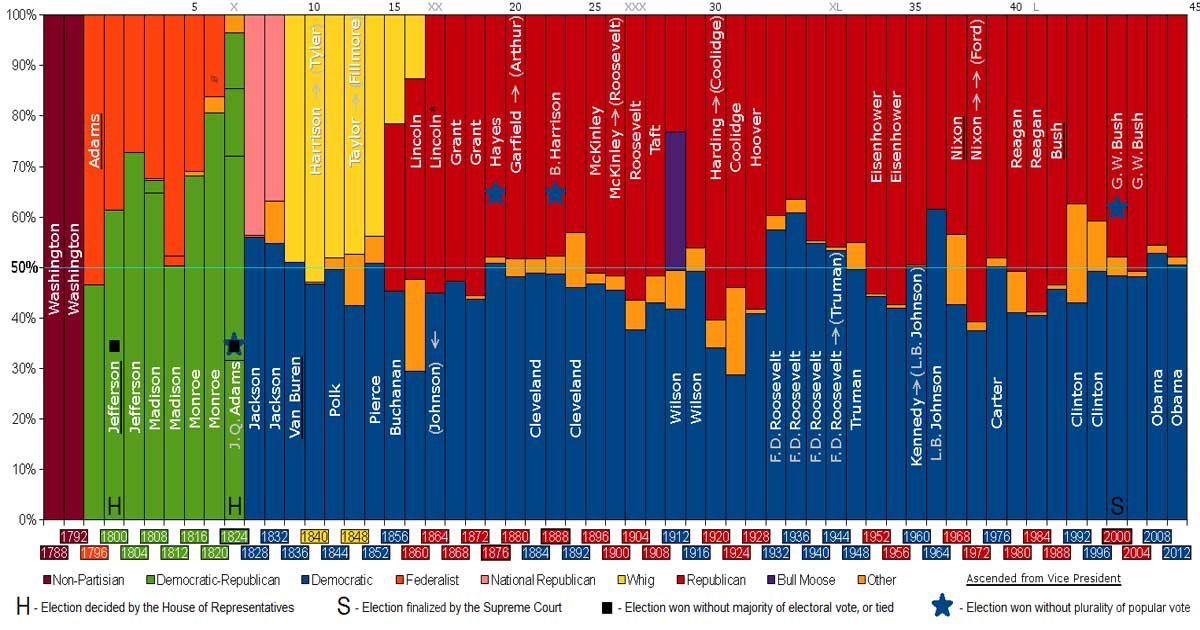
We list the U.S. Presidents, their political parties, and their political ideologies alongside descriptions of their Presidency to examine U.S. history.

We often attribute the origin of the state of nature argument to Hobbes, but it can be traced to thinkers like Plato, Aristotle, and the Sophists in the 300s BC, and is then mused on by other early philosophers.
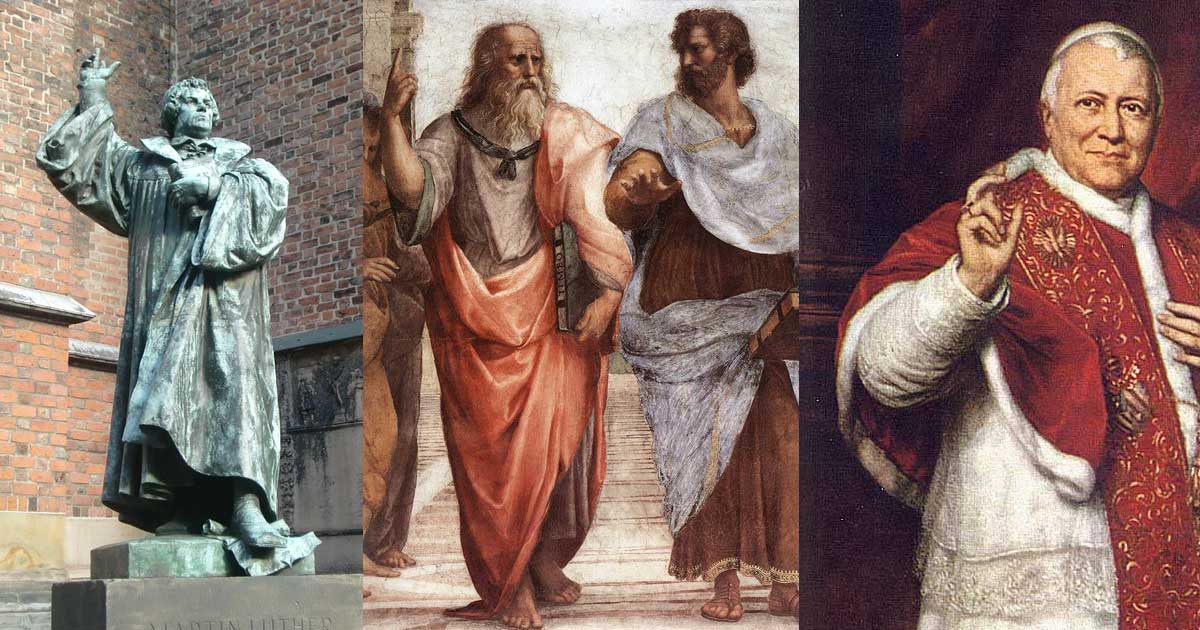
Historically, Protestantism is like classical liberalism (individual liberties and rights) and Catholicism is like social liberalism (state enforced social justice).
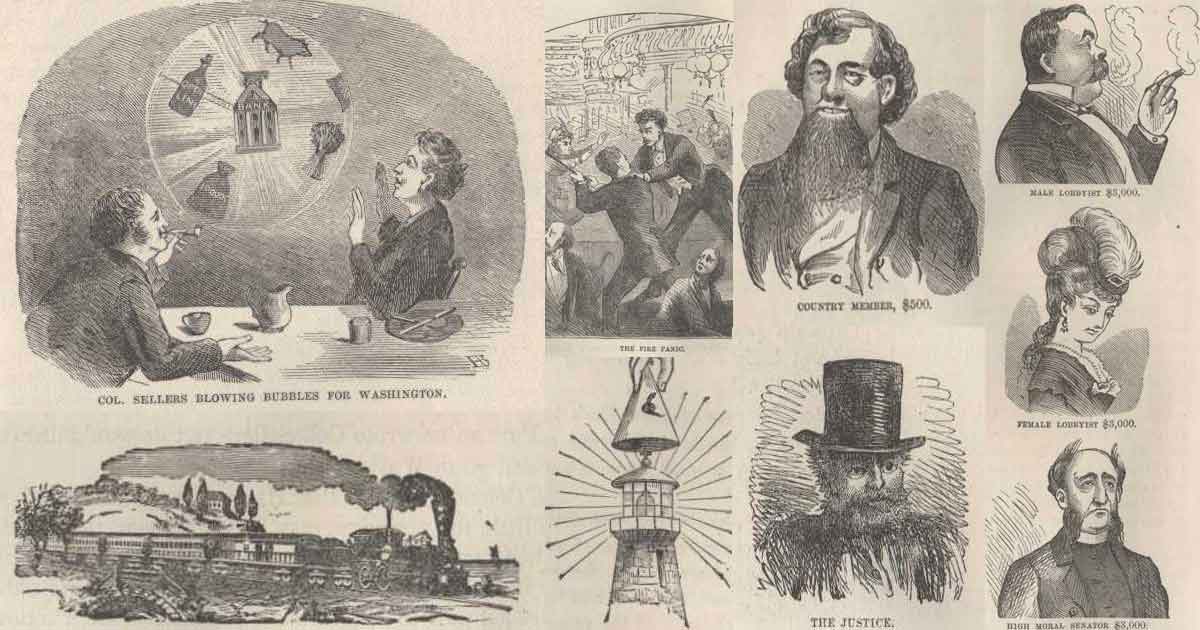
Below we present an annotated version of Andrew Carnegie’s 1889 essay Wealth (better known as the Gospel of Wealth).